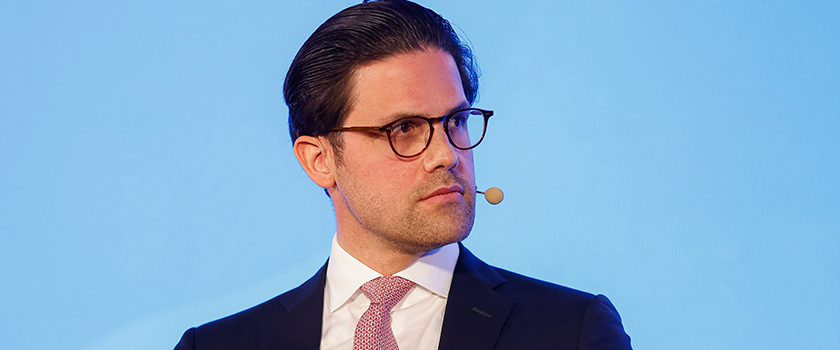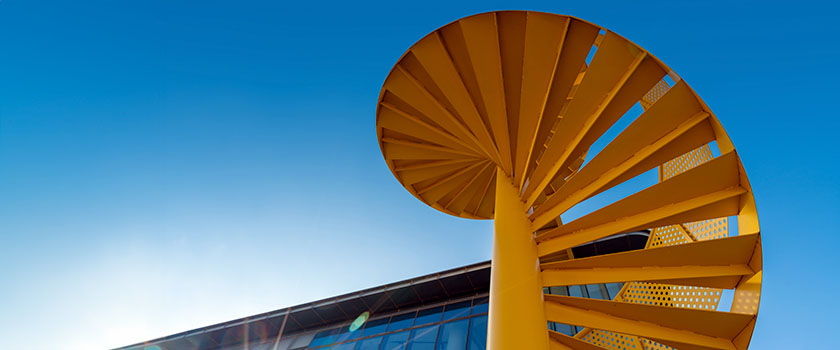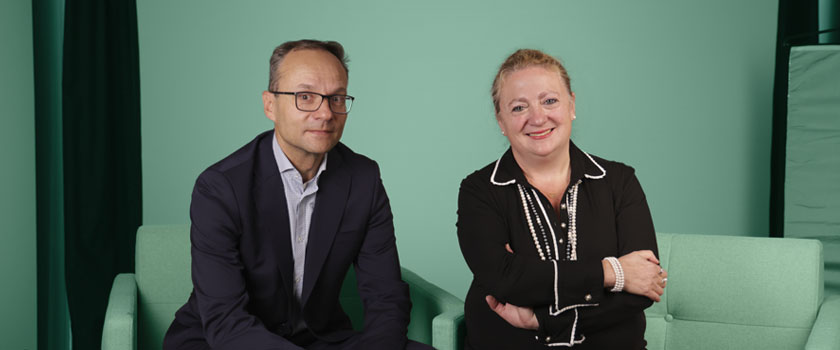In recent years, Union Bancaire Privée has embarked on a wave of external growth in the Scandinavian markets. In 2018, through its subsidiary UBP (Europe) SA in Luxembourg, the Swiss bank announced the acquisition of Banque Carnegie Luxembourg, a subsidiary of Sweden’s Carnegie Investment Bank. The transaction was finalised in 2019. The aim was to merge Carnegie's 40 employees with UBP’s 30 staff in Luxembourg and thus strengthen UBP’s European hub.
At the time, Banque Carnegie Luxembourg represented the equivalent of €2bn in assets under management. At the end of January this year, UBP (Europe) SA finalised the acquisition of Danske Bank International SA, the Luxembourg wealth management activities of the Danish banking group.
These two external growth operations were the result of a long-standing desire on the part of the bank’s management, as Patrick Casters, CEO of UBP in Luxembourg, explained in an interview: “Six years ago, the decision was taken to complement our asset management activities with those of wealth management.” UBP now manages more than €10bn of assets within its wealth management division in Luxembourg.
“Moreover, we are in the top 10 private banks in the country, with a staff of around 125 people.”
A strong Nordic footprint
As soon as the acquisition of Carnegie was completed in 2019, the acquisition of DBI quickly made sense. “With the integration of Carnegie, we have strengthened our Scandinavian teams over the past three years. The integration of DBI was then complementary as we already had a strong position in the Scandinavian markets,” said Casters. Johnny Bisgaard, deputy CEO of UBP in Luxembourg, added: “It is also very interesting for Scandinavian clients who live elsewhere in Europe to have a bank with cross-border expertise.”
The back-to-back acquisitions of Banque Carnegie Luxembourg and Danske Bank International now offer UBP something special. “We have the largest concentration of Scandinavian-speaking managers,” said Bisgaard, a former managing director for the local market at Danske Bank.
“On the Nordic side, we are probably the largest asset manager outside of Scandinavia. With the integration of the portfolios of these two entities, approximately €7.5bn in assets have been added to UBP’s wealth management business in Luxembourg.”
With its combined asset and wealth management capabilities, UBP serves clients across continental Europe from the grand duchy. Indeed, the creation of the ‘European hub’ in Luxembourg was partly motivated by Brexit. “We are focusing on the EU markets from our Luxembourg hub,” said Bisgaard.
Organic growth
From now on, UBP intends to capitalise on this new base. “We have grown a lot through acquisitions in the past. The group manages now about €150bn in assets. There are no new acquisitions announced at the moment,” said the CEO. The deputy CEO continued: “We intend to develop through organic growth, which requires the development of our sales teams. We also want to strengthen the other departments of the bank to ensure that the level and quality of service remains adequate.” UBP Europe’s organic growth has represented around 20% of its business since the shift toward wealth management.
In view of the future technological transformations in the market, UBP’s management considers that “trust cannot be digitised”. This led Casters to say: “Even if we invest heavily in digitalisation, direct contact with the client remains essential to our business.” Indeed, Bisgaard said that “digital helps us to offer a better service, but will not replace the banker”.
The traditional relationship with the client is also a key point for the management of UBP in Luxembourg. “What we do is of great importance to our clients, because it is their wealth that is passed on from one generation to the next. These are matters that cannot be managed just by visiting a web page”, Casters stressed. It’s a way or working that he expects to continue: “I don't think it will change any time soon, even with the younger generations.”








